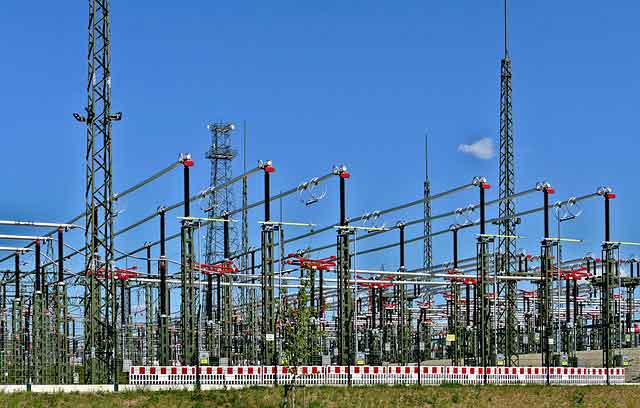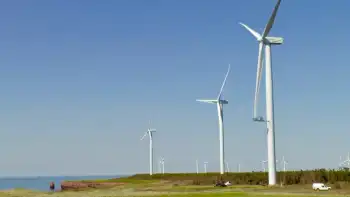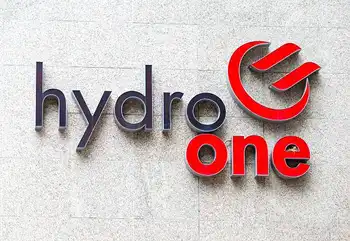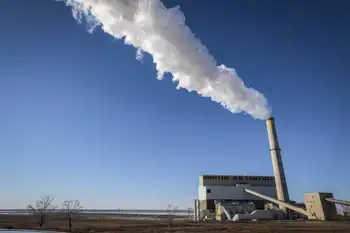BC Hydro Rate Freeze Rejection details the BCUC decision enabling a 3% rate increase, citing revenue requirements, debt, and capital costs, affecting electricity bills, with NDP government proposing lifeline rates and low-income relief.
Key Points
It is the BCUC ruling allowing a 3% BC Hydro rate hike, citing cost recovery, debt, and capital needs.
✅ BCUC rejects freeze; 3% increase proceeds April 1, 2018
✅ Rationale: cost recovery, debt, capital expenditures
✅ Relief: lifeline rate, $600 grants, winter payment plan
The B.C. Utilities Commission has rejected a request by the provincial government to freeze rates at BC Hydro for the coming year, meaning a pending rate increase of three percent will come into effect as higher BC Hydro rates on April 1, 2018.
BC Hydro had asked for the three per cent increase, aligning with a rate increase proposal that would add about $2 a month, but, last year, Energy Minister Michelle Mungall directed the Crown corporation to resubmit its request in order to meet an NDP election promise.
"After years of escalating electricity costs, British Columbians deserve a break on their bills," she said at the time.
However, the utilities commission found there was "insufficient regulatory justification to approve the zero per cent rate increase."
"Even these increases do not fully recover B.C. Hydro's forecast revenue requirement, which includes items such as operating costs, new capital expenditures and carrying costs on capital expenditures," the commission wrote in a news release.
Mungall said she was disappointed by the decision.
"We were always clear we were going to the BCUC. We need to respect the role the BCUC has here for the ratepayers and for the public. I'm very disappointed obviously with their decision."
Mungall blamed the previous government for leaving BC Hydro in a financial state where a rate freeze was ultimately not possible.
Last month, Moody's Investors Service calculated BC Hydro's total debt at $22 billion and said it was one of the province's two credit challenges going forward.
"There's quite a financial mess that is a B.C. Liberal legacy after 16 years of government. We have the responsibility as a new government to clean that up."
B.C. Liberal leader Andrew Wilkinson said it was an example of the new government not living up to its campaign promises.
"British Columbians, particularly those on fixed incomes, believed the B.C. NDP when they promised a freeze on hydro bills. They planned accordingly and are now left in the lurch and face higher expenses. This is a government that stumbles into messes that cost all of us because they put rhetoric ahead of planning," he said.
Help on the way?
With the freeze being rejected, Mungall said the government would be going forward on other initiatives to help low-income ratepayers, as advocates' call for change after a fund surplus, including:
Legislating a "lifeline rate" program, allowing people with "demonstrated need" to apply for a lower rate for electricity.
Starting in May, providing an emergency grant of $600 for customers who have an outstanding BC Hydro bill.
Hydro's annual winter payment plan also allows people the chance to spread the payment of bills from December to February out over six months, and, with a two-year rate increase on the horizon, a new pilot program to help people paying their bills begins in July.
Mungall couldn't say whether the government would apply for rate freezes in the future.
"I don't have a crystal ball, and can't predict what might happen in two or three years from now, but we need to act swiftly now," she said.
"I appreciate the [BCUC's] rationale, I understand it, and we'll be moving forward with other alternatives for making life more affordable."
Related News












